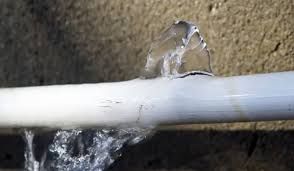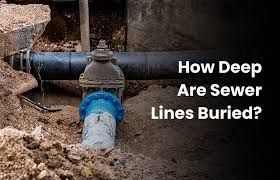Energy-Efficient Plumbing Upgrades for Your Home
Upgrading your home's plumbing can save you money on utility bills and reduce your environmental footprint. With a few strategic updates, you can make your plumbing system more energy-efficient and environmentally friendly. Let’s explore some of the best energy-efficient plumbing upgrades for your home.
Common Water Heater Problems and Solutions
Install Low-Flow Fixtures
1. Low-Flow Showerheads
Modern low-flow showerheads use less water without compromising on pressure, helping you save water and reduce heating costs.
2. Low-Flow Faucets
Low-flow faucets reduce water consumption in bathrooms and kitchens, leading to significant water savings over time.
3. Dual-Flush Toilets
Dual-flush toilets offer two flushing options, using less water for liquid waste and more for solid waste, thereby conserving water with every flush.
Upgrade to Tankless Water Heaters
1. Efficiency and Savings
Tankless water heaters heat water on demand, eliminating the energy waste of maintaining a tank of hot water. This leads to lower energy bills and an endless supply of hot water.
2. Space-Saving Design
Tankless water heaters are compact and can be installed in smaller spaces, making them ideal for homes with limited room.
Insulate Your Pipes
1. Prevent Heat Loss
Insulating hot water pipes helps retain heat, reducing the energy required to maintain hot water temperatures.
2. Protect Against Freezing
Pipe insulation also protects against freezing in colder climates, which can prevent costly pipe bursts.
Install a Water Recirculation System
1. Instant Hot Water
A water recirculation system provides instant hot water at every faucet, reducing water waste while you wait for hot water to reach the tap.
2. Energy Savings
By minimizing the amount of water wasted while waiting for it to heat up, a recirculation system can lead to significant energy savings.
Use Energy-Efficient Appliances
1. High-Efficiency Dishwashers
Modern dishwashers use less water and energy compared to older models, making them an excellent upgrade for an energy-efficient home.
2. Efficient Washing Machines
Energy-efficient washing machines use less water and electricity, reducing both your water and energy bills.
Consider Greywater Systems
1. Reuse Water
Greywater systems recycle water from sinks, showers, and laundry for use in irrigation and toilet flushing, reducing overall water consumption.
2. Environmental Impact
By reusing greywater, you reduce the strain on your local water supply and decrease your household's environmental impact.
Regular Maintenance and Monitoring
1. Fix Leaks Promptly
A small leak can waste a significant amount of water over time. Regularly check for and repair any leaks in your plumbing system to save water and energy.
2. Install Water Meters
Water meters can help you monitor your water usage and identify areas where you can reduce consumption, leading to more efficient water use.
Conclusion
Upgrading your plumbing with energy-efficient fixtures and systems can lead to substantial savings on your utility bills and reduce your environmental impact. By investing in low-flow fixtures, tankless water heaters, insulated pipes, water recirculation systems, energy-efficient appliances, greywater systems, and regular maintenance, you can make your home’s plumbing more energy-efficient and eco-friendly.
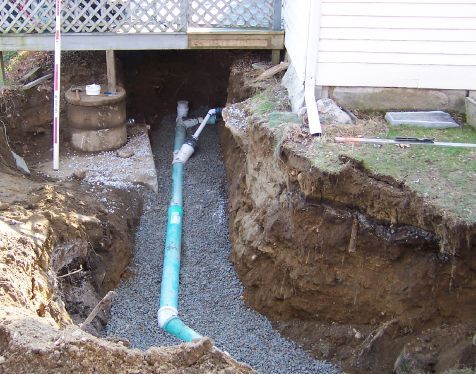
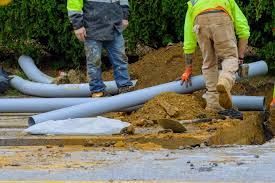
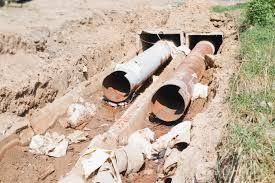
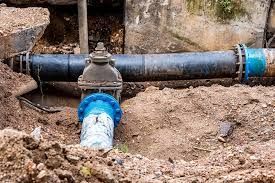

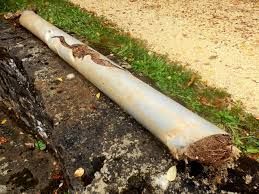
CONTACT INFORMATION
Office:
855-266-7682
Email:
service@AllCityPlumbers.com
Address: 6694 Oak Ridge Commerce Way, Austell, GA 30168
Business Hours:
Mon - Sun 24 Hours
OUR SERVICES
© 2022 All Rights Reserved|All City Plumbers Privacy Policy | Terms & Conditions | Sitemap

